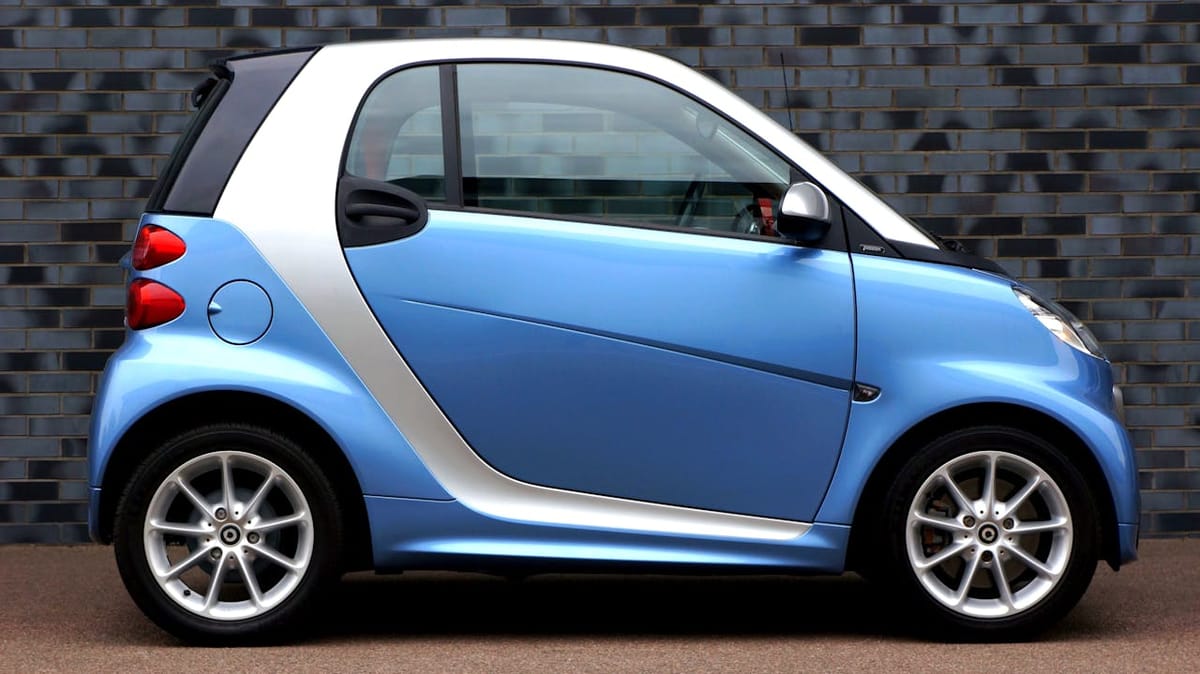Smart Electric Cars Aren’t for Me: They’re Just Glorified Phones on Wheels
Table of Content
As electric vehicles (EVs) become increasingly popular, it's easy to see why many people are excited about the prospect of driving an eco-friendly car. However, I can’t help but feel skeptical about these so-called “smart” electric cars.
While they come packed with high-tech features, they often resemble glorified phones on wheels. They require frequent charging, struggle with long-distance travel, and tend to charge slowly.
Here, I’ll explore my personal take on why I do not like e-cars, highlighting security threats, resale value issues, and the overall problems associated with these vehicles.
Frequent Charging: A Major Inconvenience
One of the most significant drawbacks of electric cars is their reliance on frequent charging. Unlike traditional vehicles that can easily refuel at any gas station, finding a charging station can be a hassle, especially on long trips. Even with the expansion of charging networks, many rural areas remain underserved.
Imagine embarking on a road trip only to discover that the next charging station is 100 miles away.
This scenario can quickly turn an enjoyable journey into a stressful experience.
Additionally, most EVs have limited ranges compared to their gasoline counterparts. Even the latest models, which boast impressive ranges, often fall short of what consumers expect for long-distance travel.
For someone like me who enjoys road trips, the limitations of electric vehicles make them less appealing.
Slow Charging: Time is of the Essence
Another glaring issue with electric cars is the speed of charging. While advancements have been made, charging an electric vehicle still takes significantly longer than filling up a gas tank.
Fast chargers can recharge an EV in about 30 minutes, but most home chargers take several hours to reach a full charge. For busy individuals, this time commitment can be a considerable inconvenience.
Imagine planning your day around charging your car or finding yourself stuck waiting at a charging station while others do the same.
This time-consuming process can be frustrating, particularly when life is already packed with commitments. I want to drive without constantly worrying about my car's battery level or how long I’ll be waiting at a charging station.
Security Threats: Hacking Concerns
The rise of smart technology in electric vehicles brings with it unique security threats. Many EVs are equipped with internet connectivity, enabling features like remote start and location tracking.
While these features can be convenient, they also open the door to potential cyberattacks. Hackers could potentially exploit vulnerabilities in the vehicle’s software to gain unauthorized access, manipulate systems, or even disable the vehicle altogether.
Recent incidents of vehicle hacking have raised alarms about the safety of connected cars. I find it unsettling to think that my car could be vulnerable to cyber threats, especially when it comes to protecting my personal data.
The thought of a malicious actor taking control of my vehicle is enough to make me wary of electric cars.

Resale Value and Depreciation Issues
When it comes to resale value, electric cars face unique challenges. The rapid advancement of technology means that a model purchased today may quickly become outdated. Many consumers are reluctant to buy used electric vehicles, fearing they will be stuck with outdated technology and shorter battery life.
This perception leads to a significant depreciation in value compared to traditional gasoline vehicles.
The resale value of electric cars can drop dramatically within just a few years, making them a less appealing investment.
As someone who values the long-term worth of a vehicle, this aspect raises red flags. I want a car that retains its value over time, not one that loses a significant percentage of its worth as new models flood the market.
A Personal Perspective
In conclusion, while electric vehicles may have their advantages, the downsides are hard to ignore. Frequent charging, slow refueling, security vulnerabilities, and depreciation issues make them less appealing in my eyes.
For now, I prefer to stick with traditional gasoline vehicles, which offer the reliability and convenience I seek in a car. Until electric cars evolve to address these issues, they will remain glorified phones on wheels—exciting in theory but often disappointing in practice.












